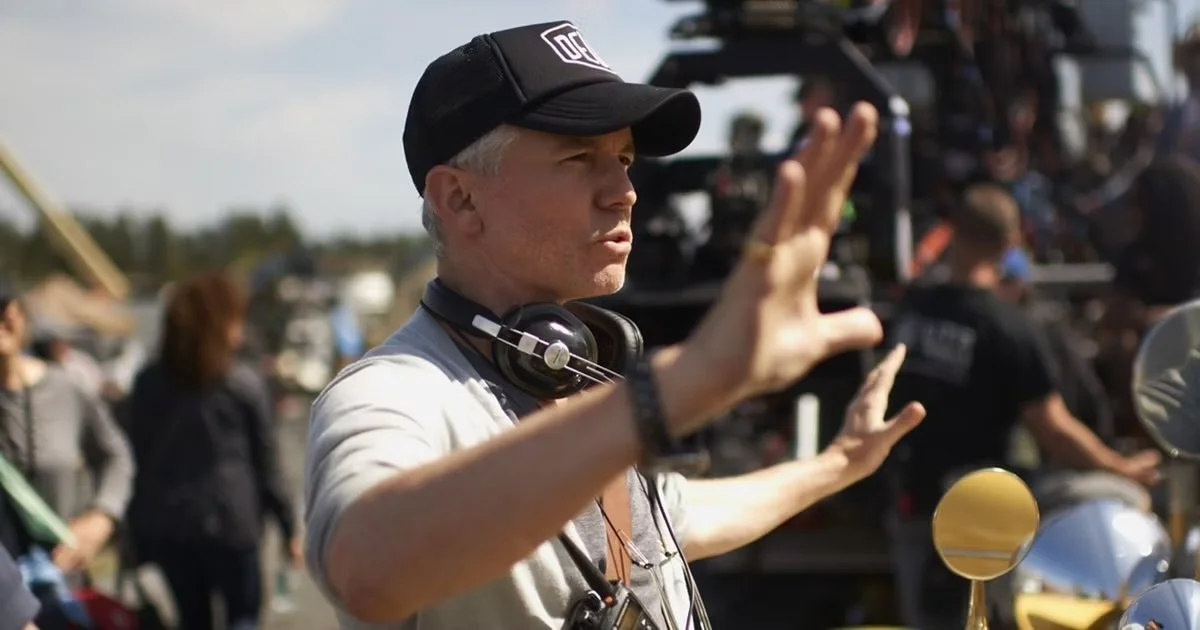Baz Luhrmann and the Future of AI in Filmmaking: Repurposing the Past for a New Era
In late 2023, Baz Luhrmann reimagined his 2008 World War II romantic epic Australia into a six-part series called Faraway Downs for Hulu. What might seem like an unconventional choice—repurposing a 16-year-old movie that didn’t perform spectacularly at the box office—turned into an opportunity for Luhrmann to delve deeper into themes like institutionalized racism and expand the narrative using previously unused material. This reimagining also took advantage of the episodic medium, offering a fresh perspective on an old story.
Luhrmann's project exemplifies a broader trend that is poised to transform the media and entertainment (M&E) industry: the use of AI to repurpose and reimagine existing content. As a filmmaking tool, AI holds the potential to do what Luhrmann did with Faraway Downs on a much larger scale and with unprecedented ease. The technology could create entirely new footage from scratch, reducing the need for costly reshoots and allowing for the seamless integration of new scenes into existing films.
However, the rise of AI in filmmaking has sparked significant concern within the industry. In 2023, AI's role in media production was a central issue during the strikes by two of the most prominent artists’ industry unions. Both sides—protesting artists and studios alike—recognize that AI is here to stay, but the debate centers on the extent of its impact on the industry.
New AI technologies are already making waves. For example, a breakthrough from Graz University of Technology in Austria, RE, has demonstrated AI's ability to colorize black-and-white footage with a natural, authentic look, a task that was previously labor-intensive. Another innovation, DynIBaR, developed through a collaboration between Cornell Tech and Google Research, can create new perspectives within existing footage, potentially allowing filmmakers to remake movies from entirely new points of view.
These advancements suggest that AI could revolutionize how films are made, remade, and reimagined. Imagine a classic film like Casablanca being retold from a background character's perspective or the entire Marx Brothers catalog being colorized and presented to a new generation of viewers. The possibilities for repurposing content seem nearly limitless.
Yet, the potential of AI raises critical questions about artistic integrity and the future of human creativity in filmmaking. Is it still art if a computer is doing the creating? Does AI-enhanced repurposing diminish the original work? While studios may prioritize profit and the ability to reach new markets, these ethical considerations remain crucial as AI becomes more integrated into the creative process.
Despite these concerns, the M&E industry appears poised to embrace AI-driven repurposing as a means of addressing the insatiable demand for new content. With vast archives of classic films and footage at their disposal, studios have the opportunity to breathe new life into existing properties, potentially transforming them into fresh experiences for modern audiences.
As AI continues to evolve, its role in filmmaking will undoubtedly grow. The challenge for the industry will be to balance technological innovation with the preservation of artistic integrity, ensuring that the stories we tell remain as meaningful and impactful as ever.


